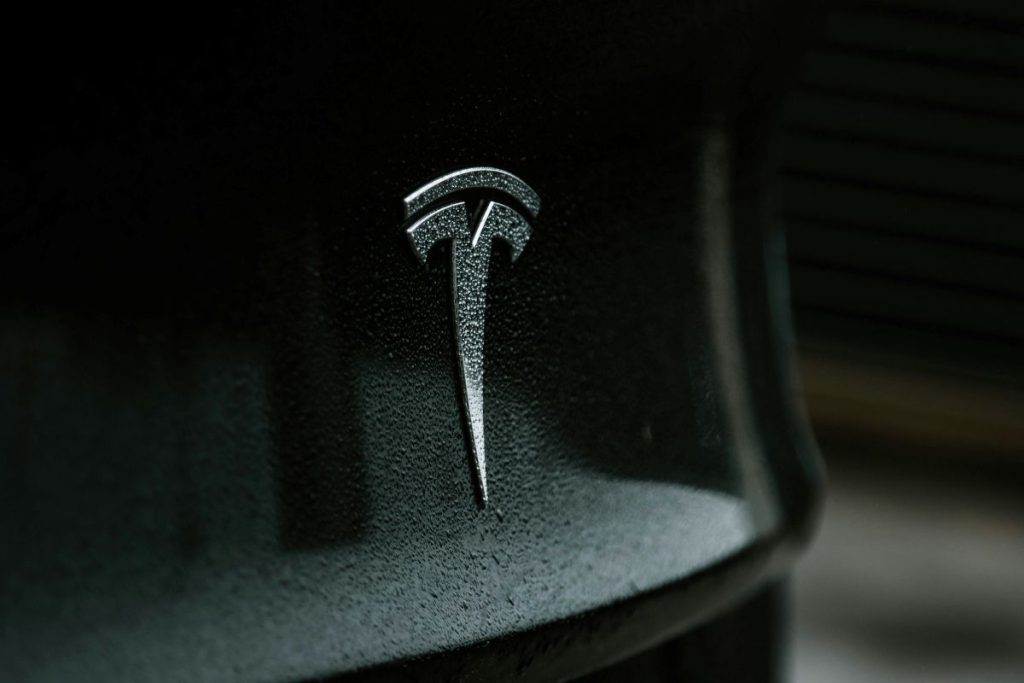As trade tensions escalate, Tesla warns of rising costs and global retaliation that could disrupt EV supply chains.
The Looming Threat of Trade Barriers
Tesla has raised concerns over the impact of the U.S. administration’s trade policies, cautioning that retaliatory measures from other nations could drive up manufacturing costs and hurt American exporters. In a March 11 letter to the U.S. Trade Representative, the automaker highlighted the risk of increased tariffs on electric vehicles, warning that such measures could make its cars less competitive in international markets.
The auto industry is bracing for disruption as the U.S. government imposes tariffs on key imports, triggering fears of supply chain constraints and price hikes. Tesla’s Chief Financial Officer Vaibhav Taneja previously warned that tariffs and reciprocal trade actions could significantly impact the company’s business and profitability. With many critical EV components still reliant on international supply chains, Tesla argues that even aggressive efforts to localize production will not eliminate these dependencies.
Beyond Tariffs: A Growing Backlash
The trade war is just one of several headwinds Tesla is facing. In addition to declining sales and stock value, the company is contending with public backlash against CEO Elon Musk. The controversy has spilled into policy decisions, with British Columbia recently pulling government subsidies for Tesla home chargers, citing opposition to Musk’s influence.
As Tesla navigates these challenges, the broader EV industry is watching closely. If trade barriers continue to rise, automakers may need to rethink sourcing strategies, shift production, or absorb higher costs—decisions that could reshape the industry for years to come.




